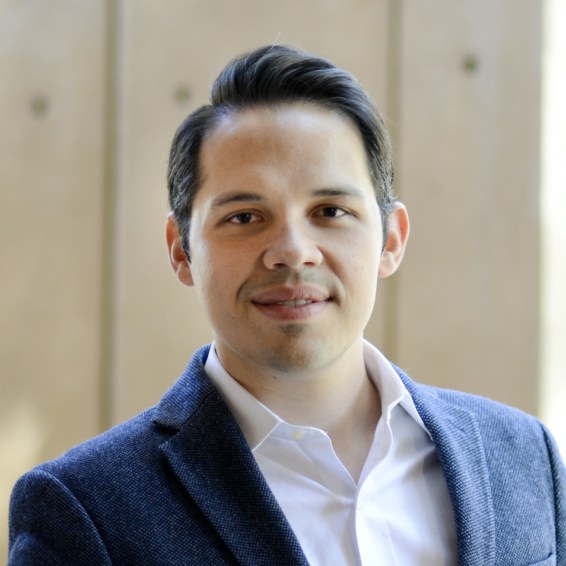Global Trends in Judicial Reforms (808W)
The past decade has been defined by democratic backsliding and the reemergence of authoritarianism around the globe. Freedom House marked 2021 as the 18th consecutive year of global democratic decline, exacerbated by the COVID-19 pandemic, increasing polarization, and rising inequality. In the face of such trends, what role can a healthy, independent judiciary play in halting the rise of anti-democratic leaders and preserving the rule of law?
Students enrolled in this policy lab will have the opportunity to investigate answers to this question by conducting comparative research on 21st century judicial reform efforts. Which nations have pursued innovative strategies to improve the functioning of their judiciaries? Topics for research will include advances in judicial independence, vetting, appointment mechanisms, balance of power structures, constitutional review, access to justice, and other factors affecting the rule of law. This year, we will adopt a special focus on judicial education and the evolving role of technology in the judiciary.
Students will have the opportunity to attend in-person talks and dinners with foreign Supreme Court and Constitutional Court Justices. (The lab has received grants to host these foreign justices at Stanford). Guests to the lab this year include visiting judges and Justices from Israel, India, Brazil, Mexico, and Poland. Students will be able to interview these judges in small groups. Students will compile their findings, along with recommendations for future research and reform efforts, into a judicial reform database. Throughout the quarter, students will survey the impact of a specific country’s reforms on various stakeholders in the legal system, including judges, legal practitioners, and the public. The lab can also sponsor smaller student/research trips to other Latin American countries, including Costa Rica, Mexico, Peru, or Chile.
This practicum is by Consent of Instructor and has limited enrollment for law students who are participating in the Stanford Law Franke Fellows Global Quarter and who can demonstrate practical expertise or academic training in the field.
Elements in used in grading: Attendance, Performance, Class Participation, Written Assignments, Final Paper.
CONSENT APPLICATION: To apply for this course, students must complete and submit a Consent Application Form available at the SLS Registrar https://registrar.law.stanford.edu/.

